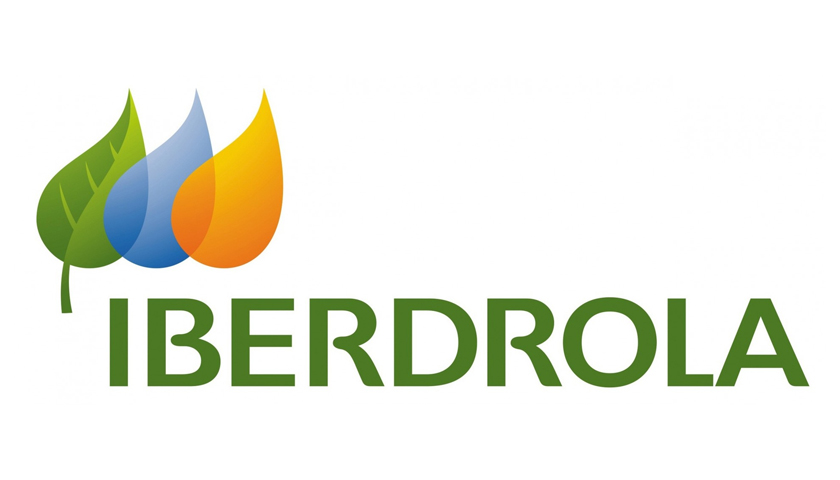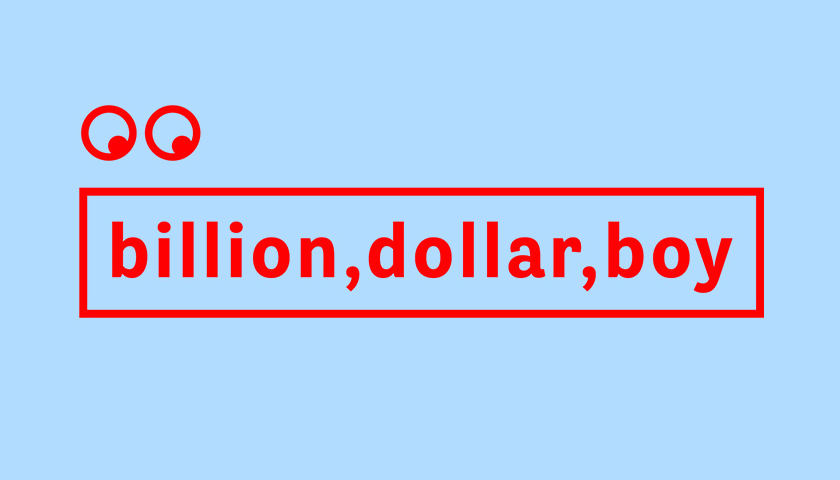Ten companies focused on reducing carbon emissions and waste, preserving water and protecting ecosystems have been selected to take part in Microsoft’s AI for Environmental Sustainability Accelerator programme.
The programme, launched in collaboration with the Met Office and Social Tech Trust, will support the cohort through a four-month programme to advance their environmental solution using AI.
The 10 companies will develop their technological capabilities and commercial strategy, build the relationships they need to scale their solution and, crucially, learn how to measure the impact it will have for environmental progress.
Among the accelerator participants are Exeter-based Quanterra Systems, which is creating a measurement solution for the indicators of ecosystem health.
Rebecca Mitchell, Chief Executive of Quanterra Systems, said: “Joining this cohort will enable us to learn from other entrepreneurs and experts at Microsoft to tackle the challenges many small businesses face. For us, this includes transitioning our operation from an academic environment to a cloud-based infrastructure that will allow us to scale our impact globally.
Quanterra Systems will be joined in the cohort by Scotland’s Vistalworks, developing intelligence software to combat online illicit trade; Yes Make is helping design London’s public spaces with reclaimed materials from other developments; and Reewild, which is helping food and drink businesses to score and display the environmental impact of their products to consumers.
Kit Nicholl, Co-Founder and Chief Operating Officer at Reewild, said: “We need to make strides forward to tackle the climate crisis, and feeding the world in a sustainable manner is one of the challenges of our time. We are looking to provide a solution to support that. We are looking forward to tapping into Microsoft’s expertise and ability to implement AI at scale to drive our business forward.
Other companies include:
Modulous (London): Modulous creates a globally scalable model for the design and delivery of homes that are sustainable, cost effective and promote wellbeing for residents
Materials Nexus (London): Materials Nexus is using AI to speed up the discovery of sustainable material alternatives
Scrapp (Edinburgh): Scrapp makes recycling simple, fun and rewarding
Seab Energy (London): Seab Energy creates easy-to-install micro-power plants that turn food and bio-wastes into heat, electricity, water and fertiliser
CO2Analysis (Hampshire): CO2Analysis makes Scope 3 emissions easy and quick to analyse
Treeconomy (London): Treeconomy generates financial value from ecosystem services and natural capital, using an offset-as-a-service business model
The companies joined programme partners, investors and Microsoft’s UK Chief Sustainability Officer, Musidora Jorgensen, for a kick-off event at Microsoft’s UK headquarters in Reading on March 31.
Jorgensen said: “Climate change is one of our most pressing threats and we need solutions quickly to deal with the problems we face. We know artificial intelligence is a powerful tool we can deploy today to make progress. These ten creative companies have been selected for their focus on significant industry challenges and our ambition is that with Microsoft’s support we can crack them.”
Start-ups selected for the four-month equity-free accelerator programme will receive Microsoft Azure cloud credits, advice from experts on AI, technology, commercial development and social impact, workshops, coaching from Microsoft, the Met Office and Social Tech Trust, networking opportunities and funding support to scale their solution and put it in the hands of those who need it most.



